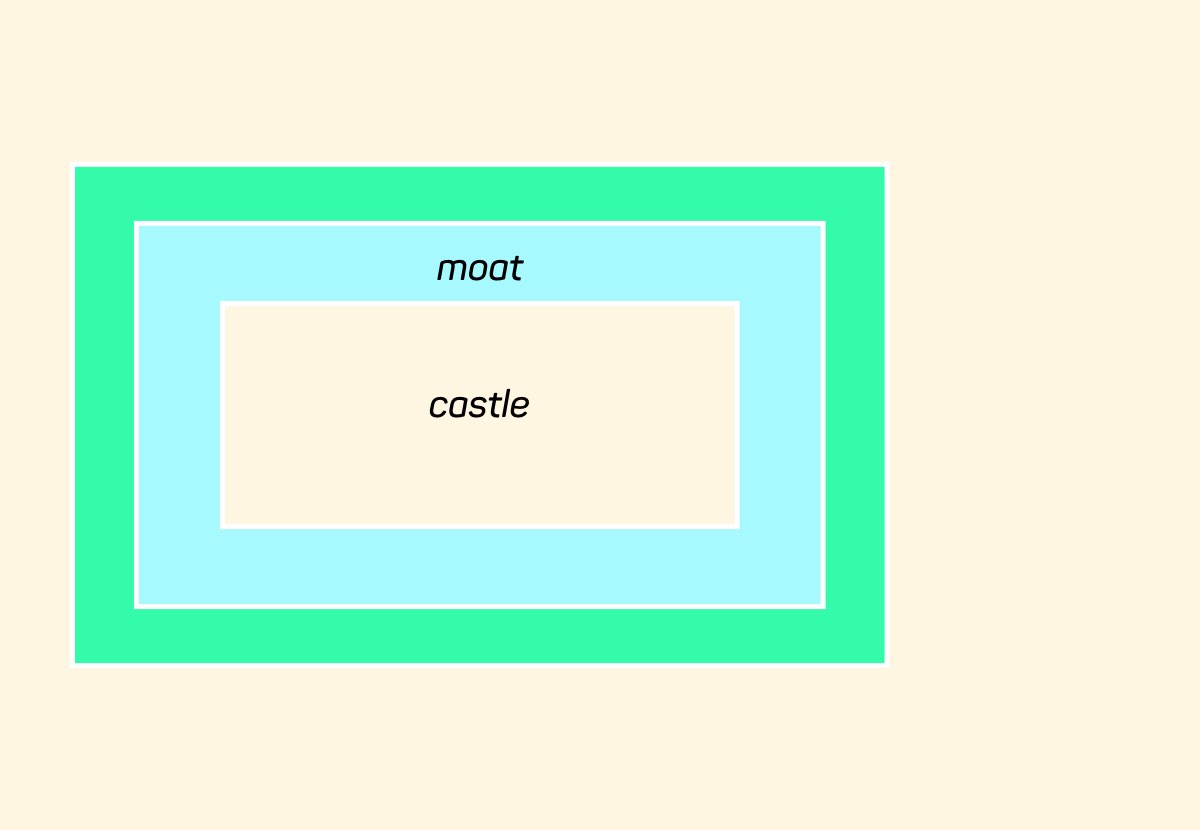


Your Product Is Your Business Model. Changes in one impact the other and in the best cases they play off each other.
We recently came across a question that asked if an entrepreneur should focus on their product or business model. At first glance, it seemed to be a very "chicken or egg" kind of question. However, after thinking about this for a while it became apparent that the product and business model are not distinct aspects of a company, but share a Yin and Yang relationship. A company's product enables its business model and the business model defines the parameters of the product. Neither is permanent in nature; changes in one impact the other and in the best cases they play off each other.
In venture investing we consider a variety of risks when looking at a business... many of these are risks that an entrepreneur also grapples with. The main risks can be broken into:
–Team risk (Do we have the right people?)
–Market risk (Is there a ready market for our offering?)
–Business model risk (Can this make enough money over time?)
–Technology risk (Does the mousetrap work? Is it in fact a better mousetrap than what exists?).
Very rarely do you get a fully baked solution that is strong on all parameters. As a startup with limited resources you are usually trading off developing strength in one area for speed, or in many cases the ability to "experiment, fail, learn and repeat." We are comfortable with this idea that all is not figured out, but knowing what you don't know is a big part of ensuring that you are focusing energy in the right place.
Another thought that enters our analysis is the question of whether or not the solution has a differentiated value proposition that can be sustained. Sometimes ideas are cool and interesting (and may even have the potential to generate revenue), but are not based on fundamentals that can drive sustained differentiation. The differentiation can come in many forms... in some businesses, the capacity to raise capital can be thought of as differentiating... I tend to see that as short lived. Over time there is always someone else who has more money and a willingness to spend in a crazier manner than you ever thought possible. So we look for real differentiation that comes from removing cost from the value chain, creating a better customer experience that can engender loyalty or leveraging a product feature that can drive lower customer acquisition cost.
Can you use technology to make the product cheaper, faster or better? Can you build social elements into your product to create an advantage in customer acquisition costs? There needs to be "magic" that is not easy for someone else to replicate or spend their way into.
In some rare occurrences, that magic is so powerful that the business model can come later... those cases are almost always evidenced with metrics of amazing organic growth. It's hard to know this until you've built it, so as an entrepreneur the question is, do you really know something that no one else knows and do you really feel like you can translate that into a product that people will crave? Those are tall asks, but I am continuously inspired by the passion of the entrepreneurs we meet and I am confident that one day soon we will see that bravado translate into an amazing product whose business model will evolve over time.
India is a unique and fragmented market with massive opportunities to leverage technology to build the 21st century equivalent of traditional businesses. These opportunities often look different from typical technology investments that venture funds have seen in other markets. They involve a full-stack approach to owning all aspects of the customer experience -- from design to manufacturing to distribution. This adds complexity to execution, but also allows for the companies to control the experience and capture the product as well as the distribution margin. For companies that do this well, it creates a strong barrier to entry and a sustainable differentiation. With Faasos, we are creating a low-rent, full-stack food business that will be the app-driven 21st-century way to eat. With Furlenco, we have applied the principles of "access over ownership" and built a subscription business that will define the new age way to get furniture. These and many of our other portfolio companies are challenging the status quo of how we interact with basic products and services. They use technology to address established real world needs.
The application of technology in even these well-defined industries with clear business models can require entrepreneurs and investors to be flexible in their thinking on the optimal business model.
For example, our evolution in Embibe from a paid model to a freemium service is the type of experimentation with business models that has allowed us to create one of the most engaged online user bases in India and push the envelope on how education can be delivered.
We are building exciting, innovative businesses that are leverage technology to change the way consumers interact with the world around them. Some of these businesses start with well-articulated business models but we know that they will evolve over time. Others lack a defined business model but have a powerful product/technology/customer insights that can create rapid organic growth. At the base of it they are all leveraging technology to impact large groups of consumers. As long as they can deliver on that promise and we can remain flexible in our thinking on business models, I believe that we can build industry-defining businesses.